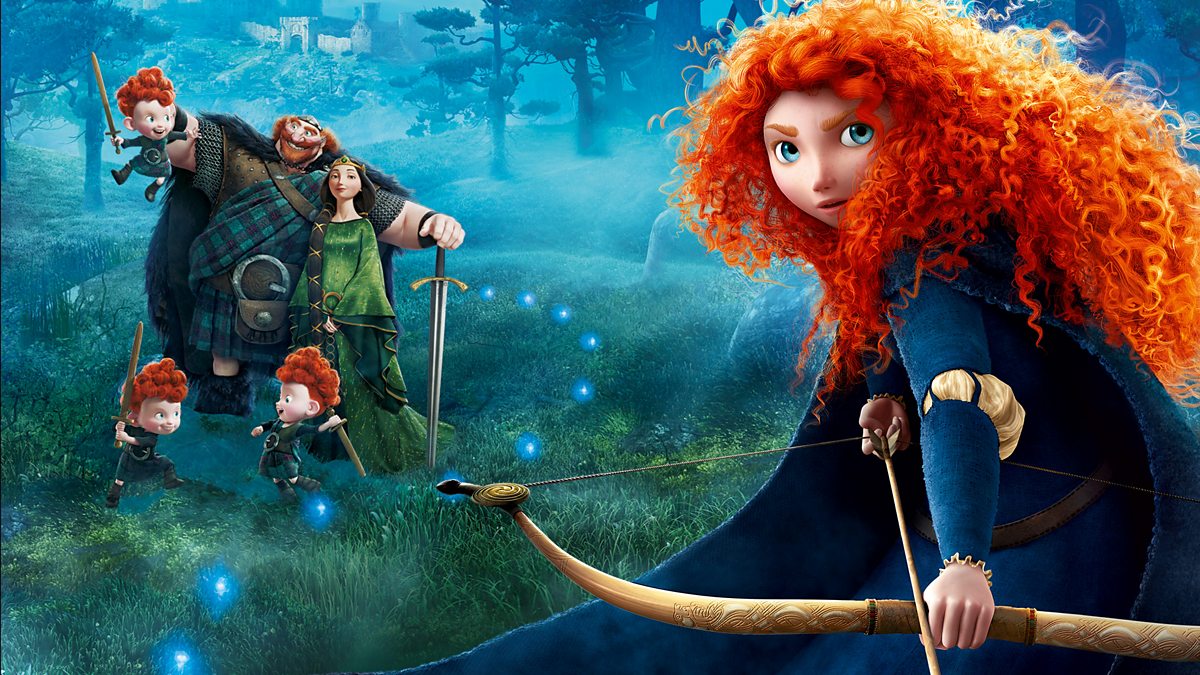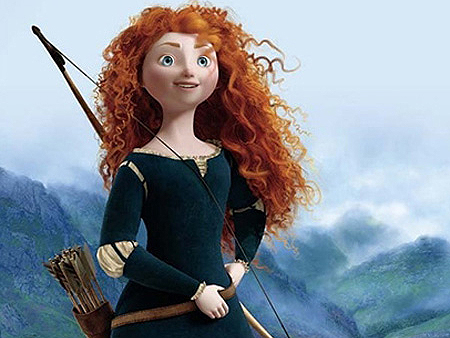

So she buys a gun, and when she witnesses a domestic fight and murder in an all-night convenience store, she uses it to save herself. When she wakes from a coma three weeks later, Erica's eyes assume a haunted look and she fears the city she once loved. The walls of Erica's safe existence come tumbling down one night during a walk through Central Park with her boyfriend, during which they are mugged, he is killed, and she is severely beaten. Foster plays New Yorker Erica Bain, a radio talk show host happily engaged to a doctor (Naveen Andrews, LOST). Jodi Foster (THE SILENCE OF THE LAMBS, INSIDE MAN) showcases her knack for playing characters with a mix of strength and vulnerability, while Terrence Howard's tender charisma comes through IN Mercer, the cop who knows more than he's letting on. Director Neil Jordan (THE CRYING GAME) injects the standard revenge saga with new life by asking difficult questions about the meaning of courage in his thriller THE BRAVE ONE.It was twenty past three on the fourteenth of January of the year nineteen fifty, an afternoon of bright unseasonable sunlight with a whipping wind that scurried the white clouds through the blue sky above me and gave the Irish sea beyond more than its normal share of white horses." (Jordan 2004: 3). The opening paragraph of Neil Jordan's novel Shade begins: "I know exactly when I died. The particular stylistic tropes articulated by this intervention are insistent and serve to push the film firmly in the direction of "art cinema." It would be difficult to contemplate a Jordan film that was bereft of the touches that mark his poetic disposition. Apart from his unique thematic and stylistic signatures, he often employs the sort of authorial intervention that I claim for The Brave One, a studio-bred film.

The Irish filmmaker has been strongly influenced by European art cinema, particularly the works of Godard, Resnais, Fellini, Antonioni and Wenders, amongst others. The term "art cinema" is one that applies to each of Jordan's films whether studio driven or independent it is his imaginative vision that motors his filmmaking whether working on small or large budget projects. Yet, it is clear from a perusal of Robinson's version of the script, that Jordan used virtually none of Robinson's work. For example, in the film In Dreams, Bruce Robinson is given credit as Jordan's writing partner.

He has mainly written his own scripts even in cases where he has generously shared co-writing credit with another author. Jordan has managed, throughout nearly all of his career, to remain independent in spite of his studio connections. Jordan returned to Warner Bros to make his most recent feature, The Brave One. (Michael Collins and The Butcher Boy), DreamWorks (In Dreams), and Columbia (The End of the Affair) before reverting, with The Good Thief in 2002, to a more independent, Euro-pudding method of financing, which was the case with his next venture, Breakfast on Pluto. Thereafter, Jordan worked for Warner Bros. After the success of The Crying Game in 1992, Jordan was chosen by his "angel" David Geffen for the coveted task of directing Interview With the Vampire in 1994. Although Jordan had a brush with studio filmmaking in 1988 when he directed High Spirits and again in his following film, We're No Angels, neither experience was a particularly happy one (High Spirits was removed from his control and recut and partly reshot by the studio), and he returned to small budget filmmaking in Ireland with The Miracle in 1991. The Irish filmmaker has oscillated between mainstream, studio films and films cobbled together with independent funding. Neil Jordan's journey is an unusual one marked by anomalies and seemingly radical shifts in direction. And this we experience as a sense that now we are back in real life." -Slavoj Zizek precisely because the universe in which we live is somehow a universe of dead conventions and artificiality, the only authentic real experience must be some extremely violent, shattering experience.


 0 kommentar(er)
0 kommentar(er)
